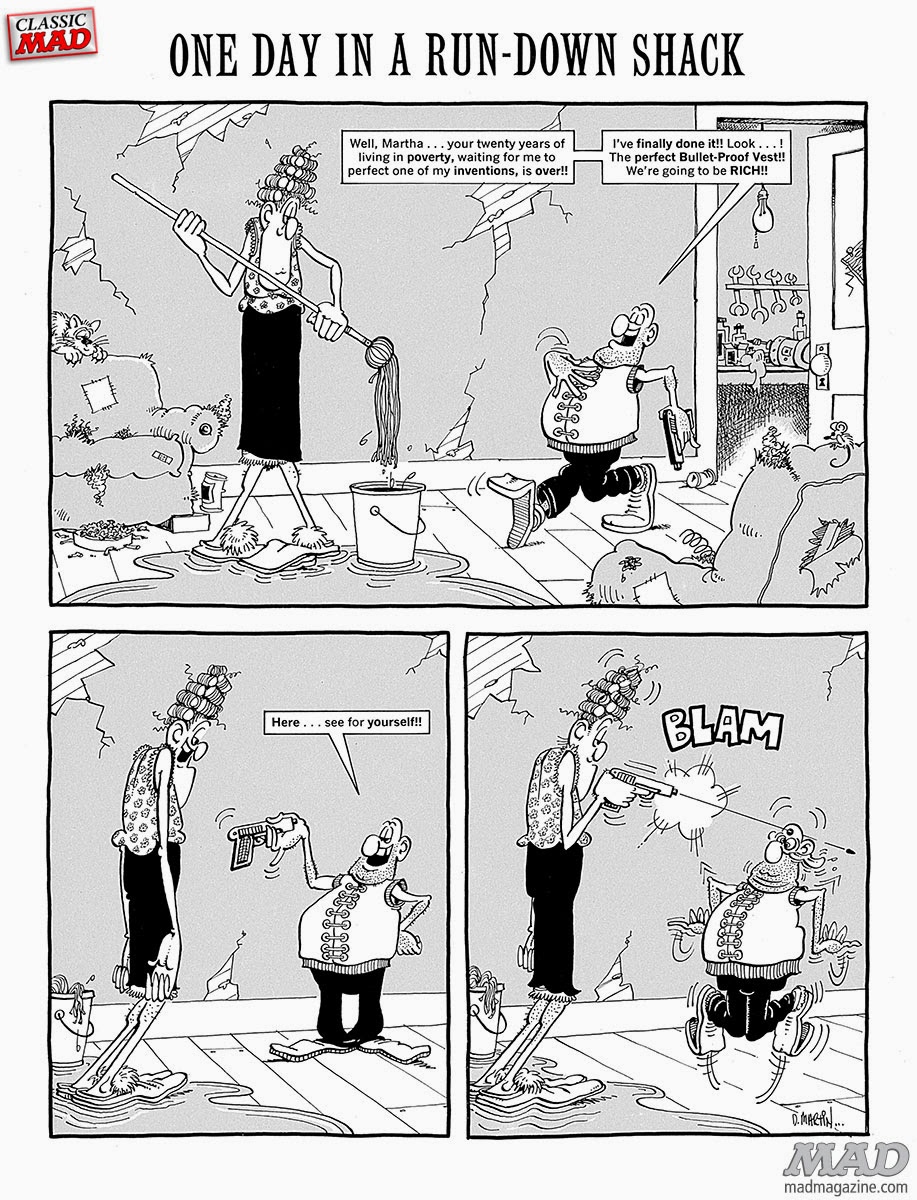A COMING-OF-RAGE MOVIE LIKE NO OTHER
If more Hindi films are made like "Queen", I'll watch every one of them. I swear. Mummy-daddy ka promise.
If more Hindi films are made like "Queen", I'll watch every one of them. I swear. Mummy-daddy ka promise.
- Kasturi Kumar, Nida Merchant, Sherry M Jacob-Phillips and 56 others like this.
- Apar Dham Ok so now I'm sure Ramesh Prabhu's account has been hacked! All Commits students, please proceed with caution! LOL
- Apar Dham Btw, tweak it a little bit if you want perfect Rajouri lingo, sir. It should be Mummy-Daddy swear! Remove the "ka promise".
- Ramesh Prabhu Oh. But, Aparji, I think I heard "Rani" use "... ka promise" in the movie. Have you watched it?
- Apar Dham Ohh, is it? That is strange! I've heard "Mummy-Daddy swear" all my life in Delhi. No, I have not watched it yet! Lot of people have been asking me to. Will do soon.
- Jessu John That mummy-daddy ka promise was the reason I had my day's giggle coming from Mr. Proper Prabhu, it is too funny yaaaaaar
- Saffana Michael Really? That good? I always think at least a 103 times before spending good money on these Bollywood flicks!
AND HERE'S CHETAN BHAGAT WRITING ABOUT QUEEN IN TODAY'S TIMES OF INDIA:
There are hidden messages in the movie, perhaps more than the makers even intended. One, we have trapped our women. We think we care for them, but we suffocate them in the name of security, safety, morality, tradition or culture. We are not comfortable with an Indian woman expressing herself. A woman has to be a good daughter, sister or wife. It isn’t enough for her to be just, well, herself. In some ways, they endure disguised slavery. In the civilized, developed world, where women have choices, they do not choose to live like this. Every girl in India deserves a journey of self-discovery like Rani.
Well said, Mr Bhagat! Bravo!
- READ CHETAN BHAGAT'S COLUMN IN ITS ENTIRETY HERE: "Wake up and respect your inner Queen".



































